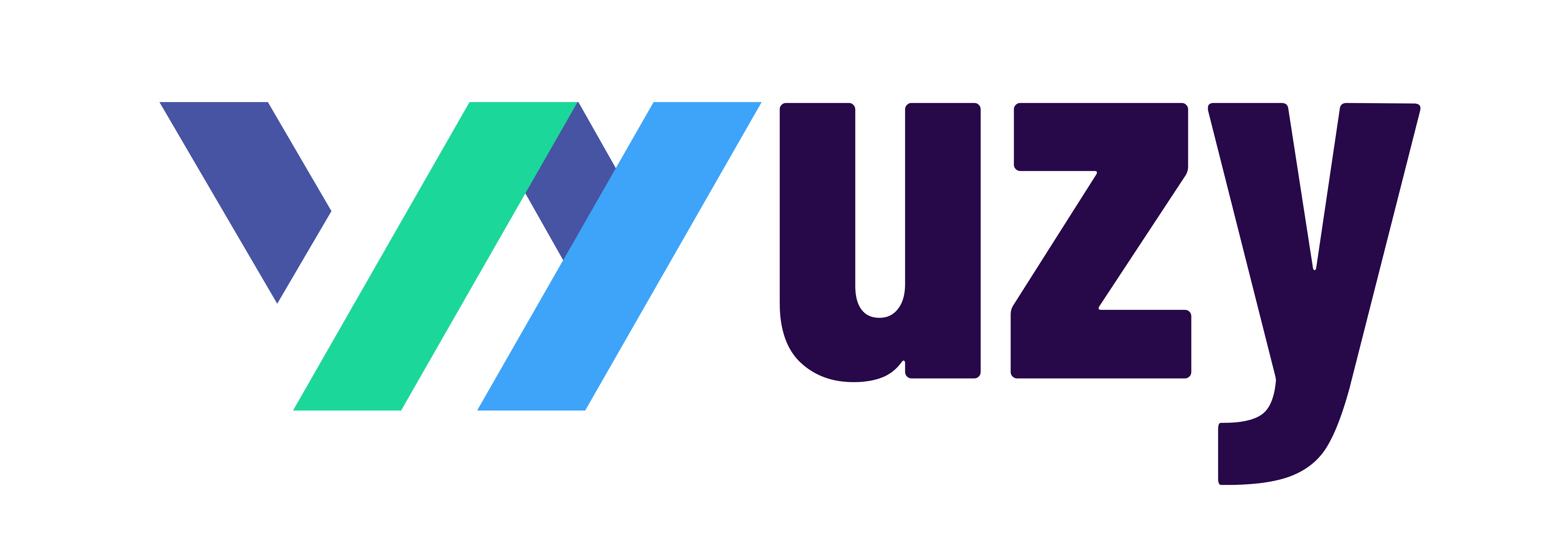A Novice's Handbook for Small Business Bookkeeping
Accurate and up-to-date bookkeeping serves as the foundation for the success of any small business. Regardless of your business type, understanding the best practices in bookkeeping is crucial for maintaining operational smoothness both now and in the future.
If the prospect of learning small-business bookkeeping seems overwhelming, there's no need to worry. Explore the available options and understand why maintaining detailed financial records is vital.
Utilizing a cloud-based accounting software like QuickBooks Online can further simplify the organization of your records, enhance time management, facilitate invoice management, and more.
Role of a Bookkeeper
Bookkeeping involves the collection and organization of financial documents, with bookkeepers responsible for gathering, organizing, and filing various financial data related to a company. This includes invoices, receipts, payroll records, bill statements, and more. While accounting involves long-term analysis and projections, bookkeeping focuses on compiling essential data to aid accountants in making predictions and assessing a business's financial health.
Importance of Bookkeeping in a Small Business
-
Tracking Profitability: Monitoring your company's profitability helps track earnings over time, enabling you to plan for improvements in the future. Key ratios such as gross margin, profit margin, return on assets, return on equity, and return on capital employed provide insights into your business efficiency.
-
Maintaining Cash Flow & Improved Financial Management: Accurate bookkeeping allows you to understand your business's revenue streams, ensuring you can manage income, track spending, and maintain sufficient cash reserves to cover expenses.
-
Preparing for Taxation: Proper bookkeeping facilitates timely recording of transactions, enabling businesses to determine tax types and amounts payable in advance, saving time and reducing last-minute stress during the fiscal period.
-
Easier Reporting: Bookkeeping programs with visual aids like graphs and charts facilitate precise data presentation, enhancing communication with stakeholders, investors, and employees.
-
Performance Evaluation & Future Planning: Accurate bookkeeping enables the evaluation of your business's financial records, identification of patterns, and comparisons with previous years. This data aids in identifying areas for cost reduction, strategic adjustments, and future projections.
Which Financial Records to Keep?
Maintaining an obsession with documentation is essential. Keep records such as receipts, invoices, payroll records, bank and credit card statements, investment statements, and tax returns. Organizing these records, either physically or in the cloud, ensures accessibility and ease during potential audits.
Preparing Financial Reports
Financial reporting, consisting of balance sheets, income statements, and cash flow statements, forms a significant part of a bookkeeper's daily tasks. Regular financial reports, whether quarterly or monthly, assist in budget checks and necessary adjustments.
Bookkeeping Methods
-
Manual Bookkeeping: Traditional recording using pen-and-paper ledgers or offline programs like Excel. While hands-on, it can be time-consuming and prone to errors.
-
Online Bookkeeping: Utilizing software like QuickBooks for faster and automated income and expense tracking. Linking to other financial programs through the cloud streamlines record-keeping.
Single-Entry vs. Double-Entry Bookkeeping
Single-entry involves recording each transaction once, suitable for very small businesses. Double-entry records transactions twice, offering better accuracy and conformity to Generally Accepted Accounting Principles (GAAP).
Cash vs. Accrual
Both methods can work with single-entry or double-entry bookkeeping. The cash method records transactions when money changes hands, while the accrual method records transactions when invoices are received, providing a more accurate financial picture.
LIFO and FIFO Accounting Methods
LIFO (Last In, First Out) and FIFO (First In, First Out) are inventory valuation methods. LIFO assumes recent products are sold first, while FIFO assumes the first products purchased are the first to be sold.
GAAP (Generally Accepted Accounting Principles)
GAAP provides standard methods for tracking and managing business financials, ensuring acceptance in the accounting profession.
Net Present Value (NPV)
NPV helps analyze potential projects or investments, comparing money coming in versus money going out over a specific period.
Historical Cost
Accounting for the purchase or acquisition of items at the rate paid, ensuring accurate valuation and expense-related information.
Accounts Receivable & Accounts Payable
Tracking money owed to the business (Accounts Receivable) and money owed by the business (Accounts Payable) helps assess financial health.
Tax Return
Solid bookkeeping aids in maximizing tax returns by providing detailed financial records, essential for claiming deductible business expenses.
Finding a Bookkeeper
Explore resources like QuickBooks, ProAdvisors, and CPA directories to find experienced bookkeepers with industry-specific knowledge.
Conclusion
Quality bookkeeping need not be complicated. Follow these steps: save and organize records, choose a suitable bookkeeping method, use cloud accounting software, practice creating financial reports, and consider hiring a professional bookkeeper. Online accounting software like QuickBooks can simplify financial management, budget review, and tax preparation.

